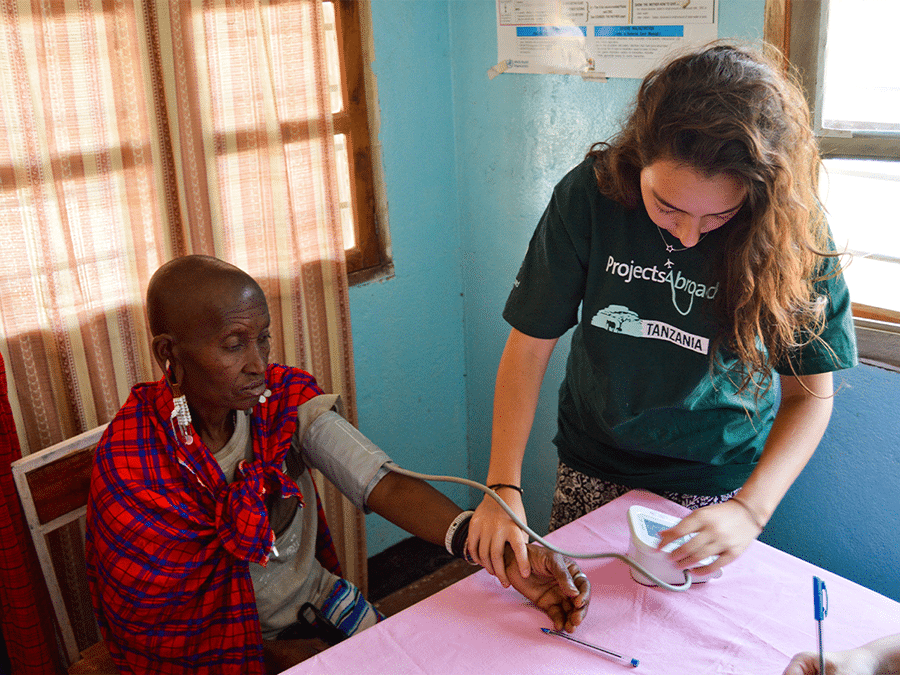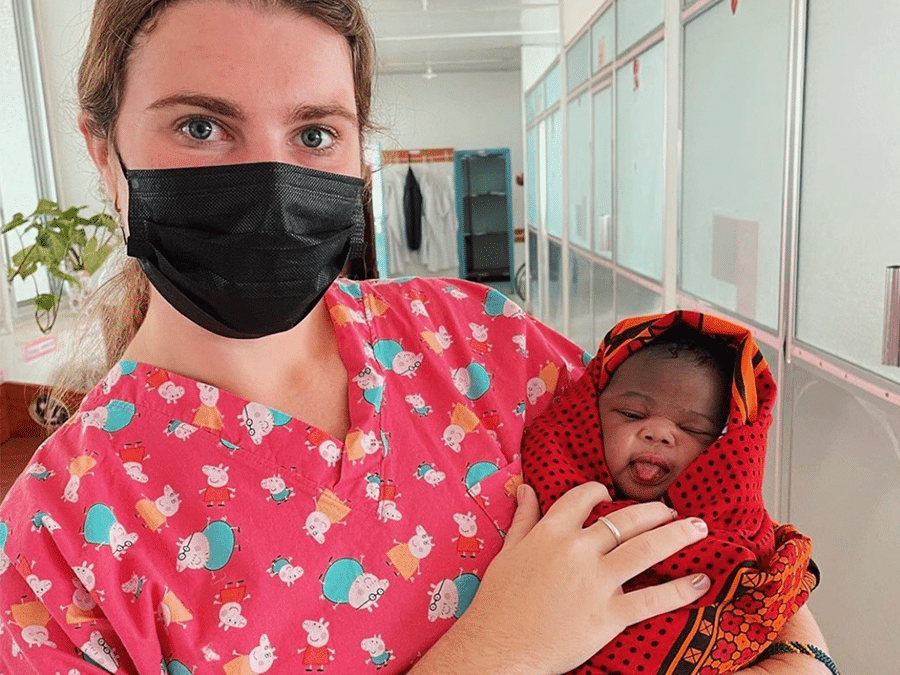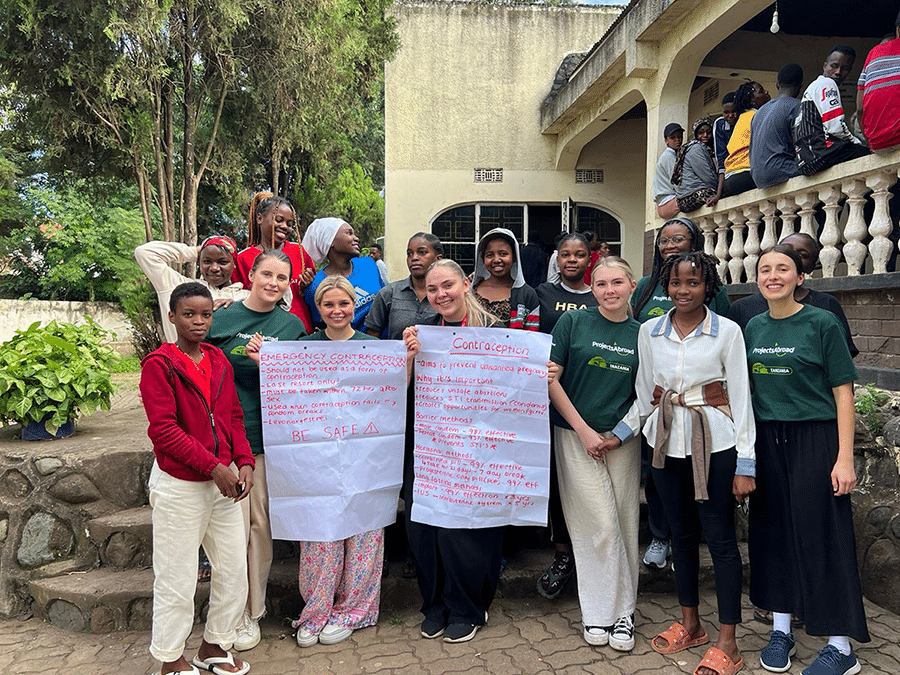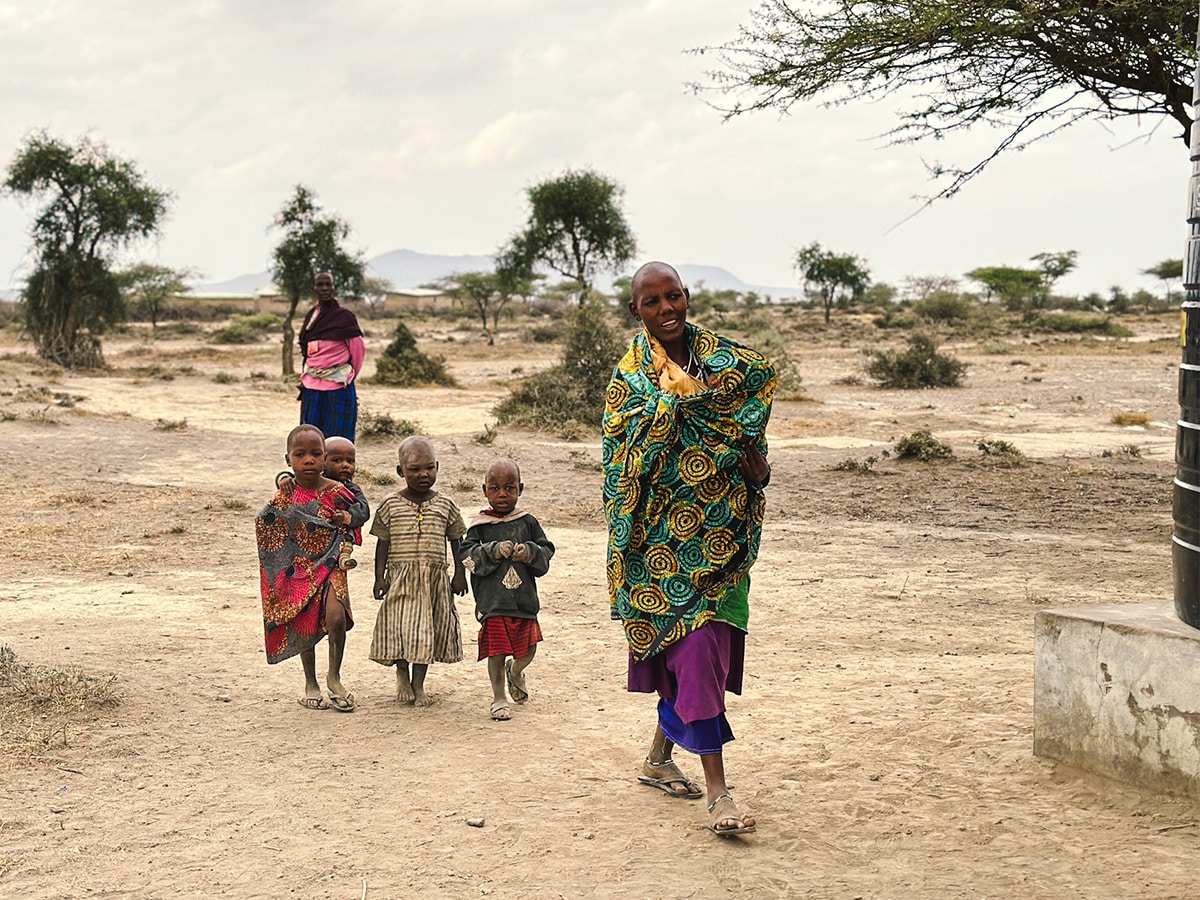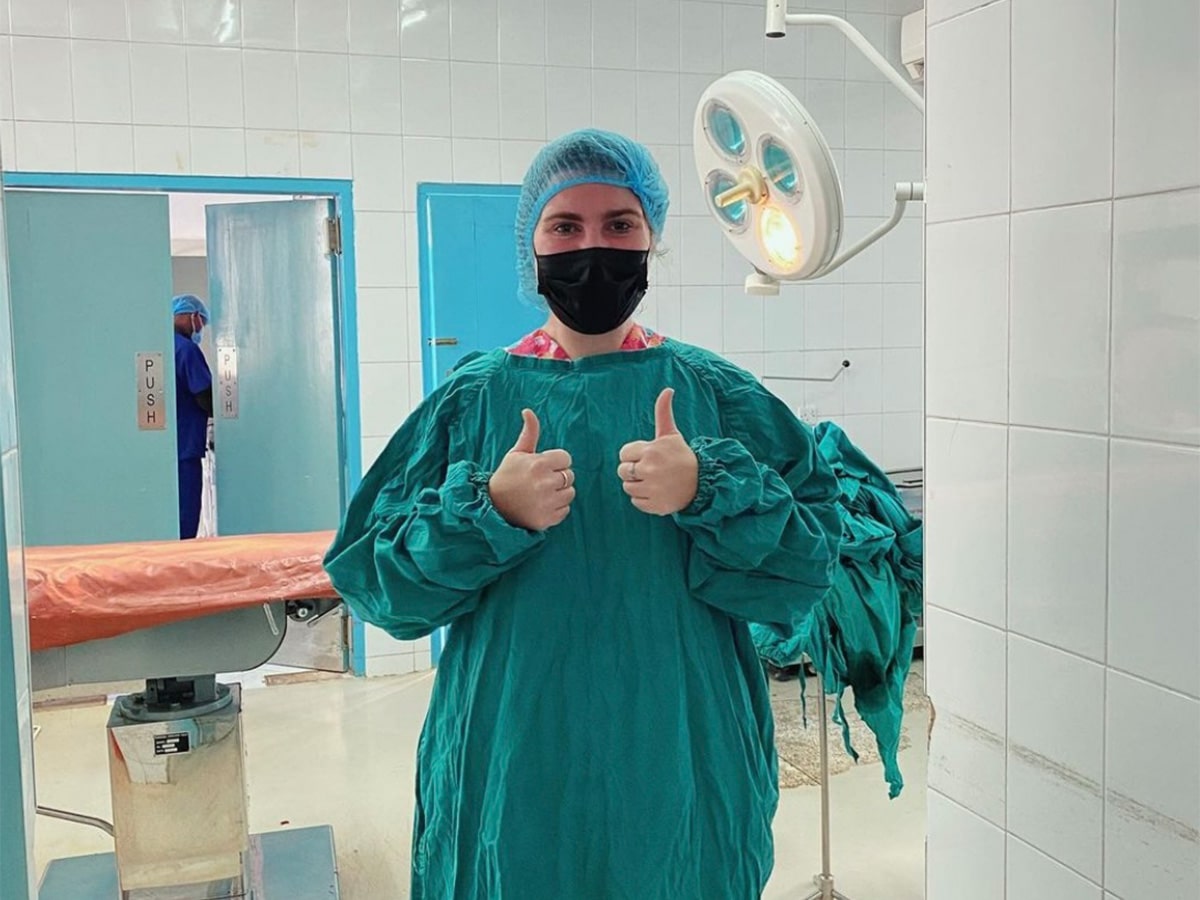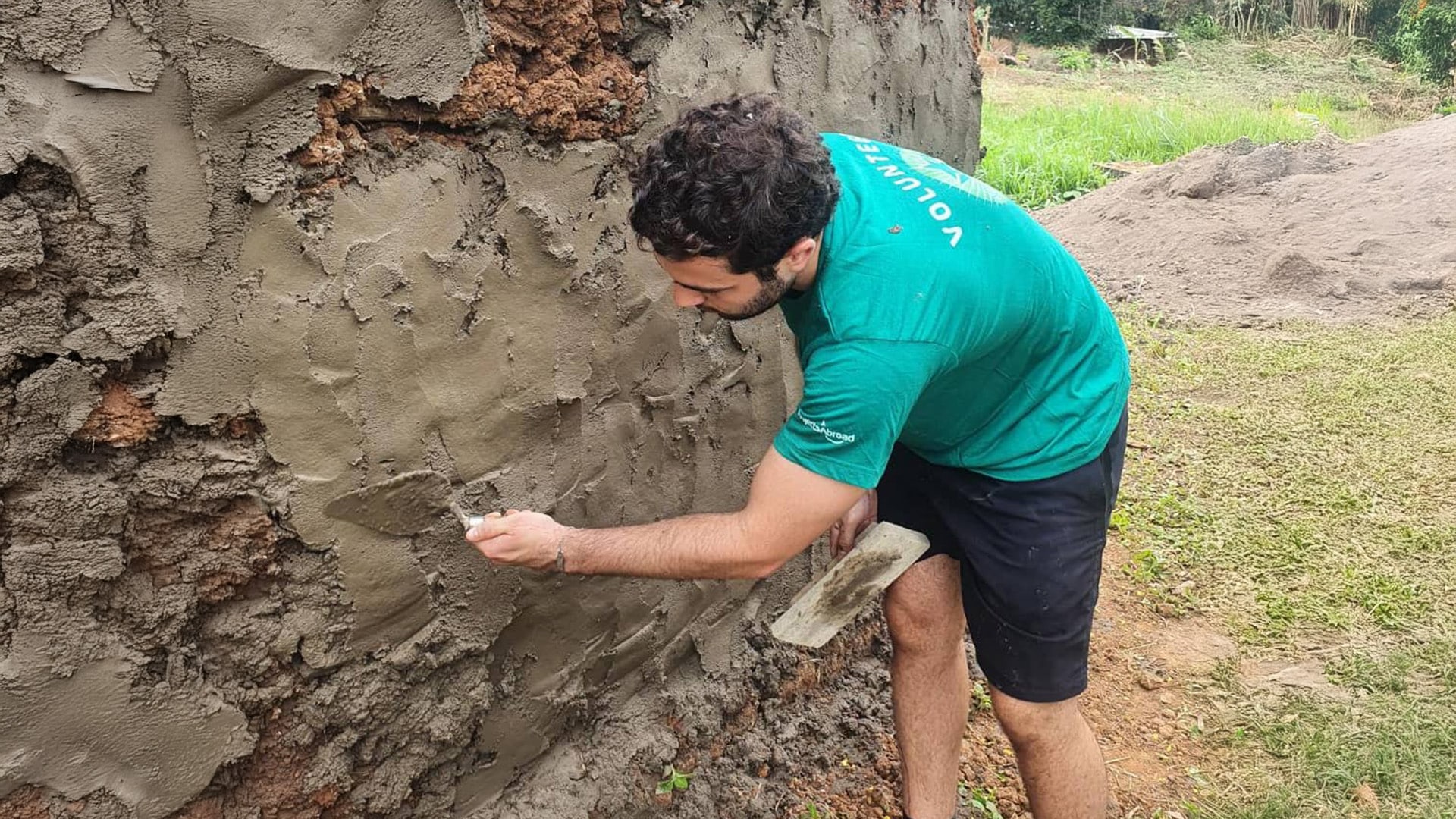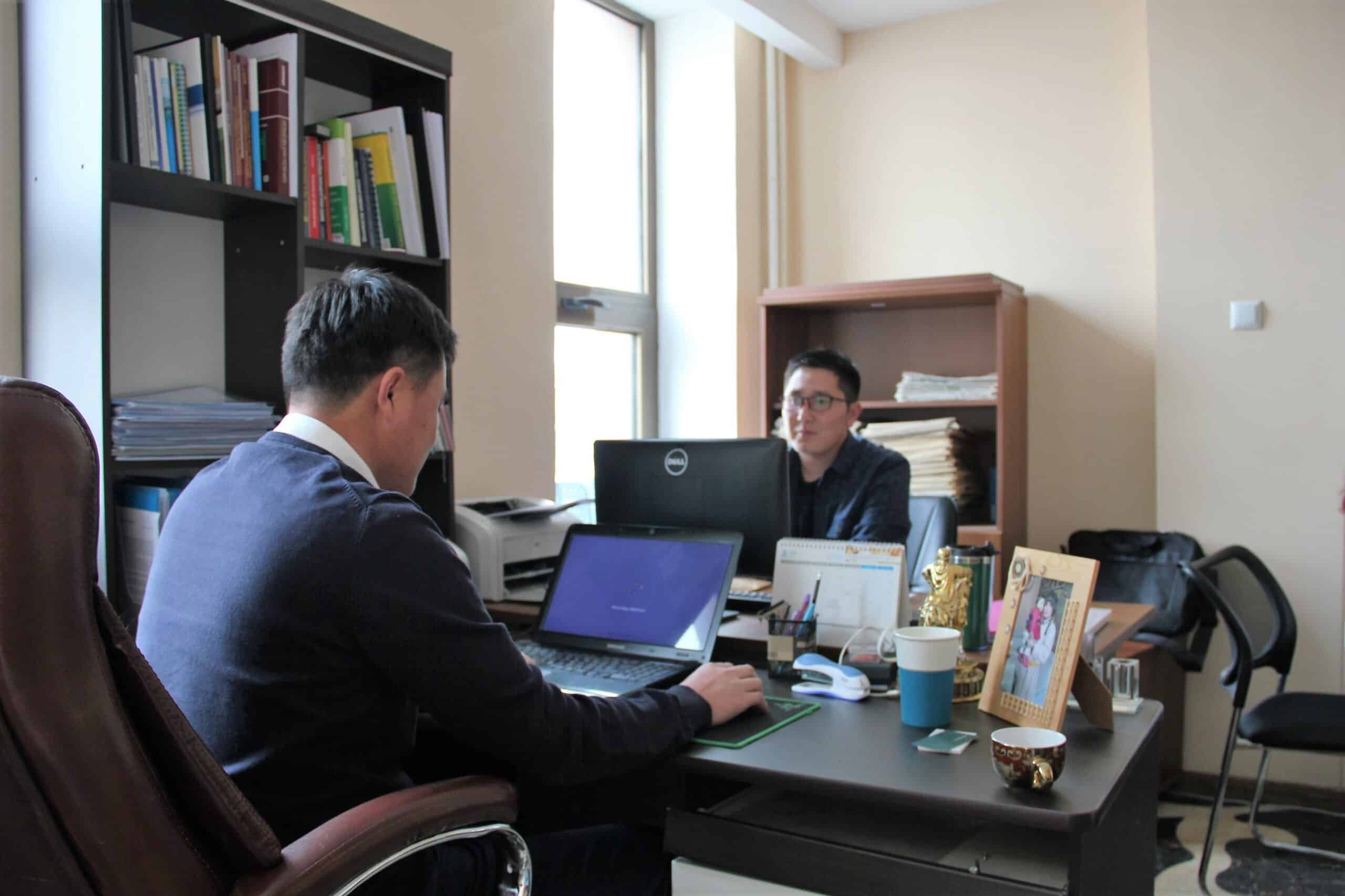Midwifery Internship in Tanzania
Learn directly from midwives in the maternity department of a hospital in East Africa
What’s included
Accommodation & Amenities
24/7 Support
Transportation
Certification
Starting at €2,245 for 2 weeks
Trip Overview
What you need to know
Overview
If you’re looking for practical midwifery experience in a hospital, this internship is ideal for you. This is the chance to enhance your skills and knowledge and boost your CV. It’s a great way to prepare for medical school applications or to gain confidence before graduating as a midwife.
This internship is also ideal for learning about midwifery in a developing country. You’ll get a deeper insight into the challenges women face every day when giving birth.
You don’t need any specific qualifications to join. Your role will be mainly observational, and hospital staff will be there to supervise and guide you through your internship.
This project runs all year round, so you’re welcome to join whenever it suits you.
A Day in the Life
A typical workday will start at 8 am and finish at 3 pm. Your internship will run from Monday to Friday, with your weekends free.
You’ll start your day working with expectant mothers, helping midwives prepare them for labour and delivery. You can learn about the equipment midwives use and the measures they take to assess patients. You’ll sit in on consultations and hear more about specific problems and complications.
You can also spend some time cleaning and preparing instruments. If you’re a medical or midwifery student, you’ll get to observe births.
In the afternoon, you might help midwives assess newborn babies. Learn about the different vaccinations and treatments they get, and find out how to make sure babies are healthy. Then, you can speak to new mothers about postnatal care.
About once every two weeks, you’ll help at medical outreaches in remote communities. You’ll measure things like weight, height, blood pressure, and blood sugar. You can also weigh and measure infants to make sure they are healthy.
You’ll have your evenings free, giving you the chance to explore this vibrant country. You can visit local markets and buy souvenirs or enjoy a tasty dinner with your host family.
Aims & Impact
The aim of this project is to equip you with the skills and confidence to pursue a career in midwifery. You’ll exchange knowledge with local staff and get practical experience in this field.
You can also help improve the quality of medical care at understaffed placements. By giving new mothers support and advice, you’ll help them maintain their own health and keep their babies healthy.
During medical outreaches, you’ll help provide basic medical care to communities that don’t have regular access to healthcare facilities. You’ll also help with providing medical care to women and children while working in your placement hospital. Women’s healthcare is often overlooked in Tanzania, with many women not going to hospitals during pregnancy. You’ll help tackle this issue by supporting facilities that offer women medical care during this critical time.
To ensure that we’re working towards a long-term vision, we’ve identified five main goals in our Medical Management Plan for Tanzania. These goals are:
- Encourage an understanding of medical practices and promote an exchange of medical knowledge
- Improve access to basic healthcare for disadvantaged groups
- Promote awareness of non-communicable diseases
- Improve hygiene standards
- Improve the quality of healthcare provided to patients
Help us work towards these goals as you gain invaluable midwifery work experience in Tanzania.
Activities
You’ll work in the maternity ward of a local hospital.
We can arrange extra work for university medical and healthcare elective students to meet all of your university’s requirements. This includes meeting a set amount of clinical hours or working in a specific department.
Here are some of the tasks you’ll do during your midwifery internship:
- Shadow doctors and midwives in the maternity ward of a hospital
- Provide support to expectant mothers during labour
- Observe births or cesarean sections, if you are a medical student
- Provide postnatal care and advice to new mothers
- Get practical medical experience during outreaches
These are the five main areas your work will focus on:
Learn from qualified midwives
You’ll spend your days shadowing local doctors and midwives, getting to know the daily routine of staff in a maternity department. Through shadowing and observing, you’ll learn what it’s like to be a midwife in Tanzania.
Local staff will also be available to answer all of your questions. They’ll guide you through your work and chat to you about different patients.
Work with expectant mothers
The role of a midwife starts during pregnancy. You’ll sit in on consultations with expectant mothers and see how local midwives give advice on nutrition and living healthily before their baby is born.
You’ll also get to see how medical professionals give advice to expectant mothers during labour. You can watch as they teach mothers breathing techniques, reassure them about the birthing process, and talk them through possible medical complications.
Observe births
If you are studying medicine or midwifery, you will be allowed to observe births and caesarean sections. This is the chance to see the role midwives play in the birthing process. It’s a great way to learn first-hand about delivery, and you’ll get to see the first moments of a newborn baby as it’s welcomed into the world.
In Tanzania, only interns studying medicine or midwifery are permitted to observe births and caesarean sections.
Provide postnatal care
A midwife’s role doesn’t end after birth. You’ll also work with mothers after delivery to give them advice on postnatal care. You can help local midwives with assessing newborns and making sure they’re healthy. You’ll help with administering vaccinations and will talk to mothers about family planning and birth control. You’ll also chat to new mothers about how to care for their babies.
Work at medical outreaches
For more hands-on experience, you’ll work in remote communities, providing basic medical screening. The communities where we run outreaches don’t have regular access to healthcare facilities, so you’ll help improve access to basic healthcare.
Healthcare professionals will provide you with the training you need to help at outreaches. Then, you’ll go out into communities and measure things like blood pressure and blood sugar levels.
Map & Location
Tanzania is considered as one of the safest countries in Africa with a friendly and welcoming population, and is a popular tourist destination. With 30% of the country covered in national parks, including the Serengeti and Ngorongoro Crater, it’s especially good for safaris.
Arusha
Arusha, in northern Tanzania, serves as a gateway to Africa’s most renowned safari destinations. The region is home to 2.4 million people, with 600,000 living in Arusha city at the foot of Mount Meru. It enjoys a pleasant highland climate with warm days and cool nights.
It has a mix of cultures and a growing tourism industry thanks to the fascinating handcrafted souvenirs of the Maasai markets, interesting cultural sites, and thrilling safari trips to nearby national parks.
Food & Accommodation
Discover the magic of Tanzania from your base in Arusha. You’ll have everything you need for a comfortable stay, including a cosy bed, three meals a day using the authentic tastes of Tanzania, and readily available drinking water.
You’ll be welcomed into a carefully selected host family in Arusha, instantly making you feel like a local and providing a taste of Tanzanian life. It will be clean, safe, and within a short distance of your placement. We’ll also handle your daily transport to and from your project, so you can focus on developing your skills, connections, and global perspective.
Shared rooms are arranged with other participants of the same gender and similar age, creating a great opportunity to connect and share your cultural exchange in this beautiful country.
Your Arrival Made Easy
When you arrive at your respective airport, a member of Projects Abroad staff will be there to meet you. You can find more detailed information on arrival airports, orientation, and visas on our Tanzania Arrival Procedures page.
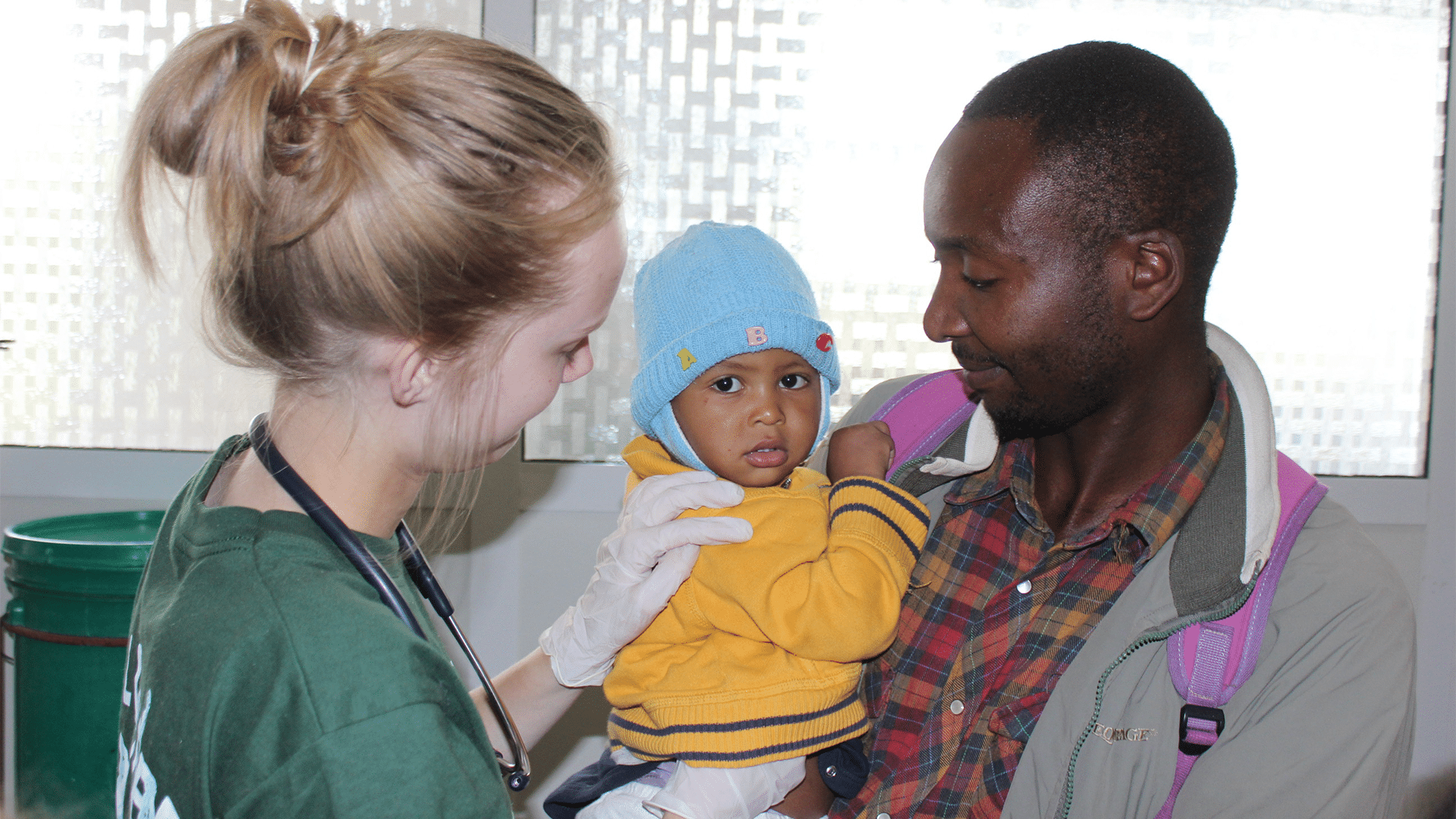
Book your adventure
Starting at €2,245 for 2 weeks

Call +353 (0)1 571 5080 to discuss special discounts or group bookings.
Still got questions? We’re happy to help!
Our trusted accreditations













